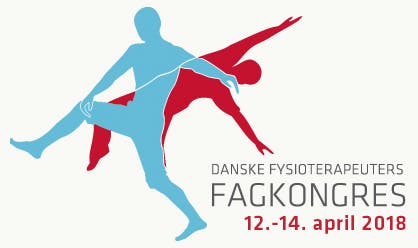Evidence-based clinical reasoning for exercises in rotator cuff related disorders

The shoulder is the future area of research for the musculoskeletal system, and instability and tendinopathy are frequent in patients in physiotherapy practice. However, although several specific exercise programs exist on instability and tendinopathy for the knee, there is still none on the shoulder.
We still need more precise answers on the following key questions:
- What is the evidence for specific exercises for rotator cuff related disorders?
- What are the criteria for progression and how should the patients progress?
- Which outcomes should be used as effect measures?
- How can we use selfreported and ultrasound outcomes, and is there a link between these?
The symposium will include presentations and discussions in plenary.
Speakers
- Karen Ginn, associate professor, PT, University of Sydney, Australia
- Ann Cools, associate professor, PT, Gent University, Belgium and University of Copenhagen, Denmark
- Henrik Eshøj, PhD, PT, Odense University Hospital, Denmark
- Kim Ingwersen, PhD, PT, Hospital Lillebaelt, Vejle Hospital, Denmark
Presentations
Our speakers will present new knowledge and discuss aspects related to the following:
- Karen Ginn: Functionally specific exercises for the treatment of shoulder instability
- Ann Cools: What is the role of the scapula in shoulder instability rehabilitation?
- Henrik Eshøj: Traumatic Anterior Shoulder Instability - which exercises? A randomised controlled trial
- Kim Ingwersen: Ultrasound verified structural changes after specific exercises for patients with rotator cuff tendinopathy
Moderator: Birgit Juul-Kristensen
Karen Ginn is also speaking at the congress about 'Clinical reasoning to inform the choice of exercises for patients with shoulder dysfunction – evidence & application'
